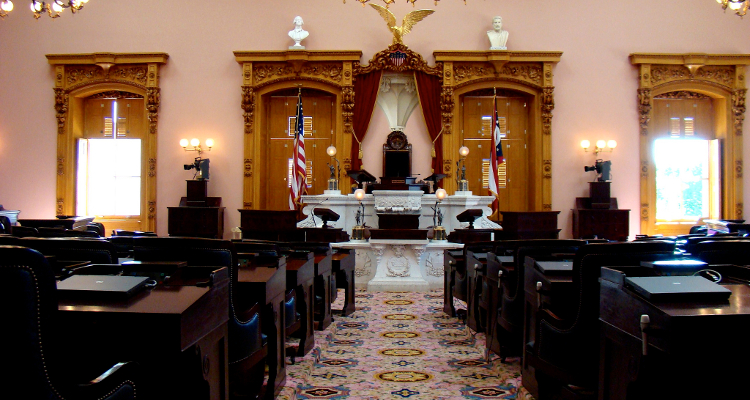In Ohio, a local lawmaker has announced that he intends to unveil a proposal during the autumn legislative session that would change the way tax revenues from the state’s four casinos are shared out.
Under the Casino Control Law passed in 2011, Ohio levies a 33% tax on its casinos’ adjusted gross gambling revenues with the state’s 88 counties sharing 51% of this amount based on their population. School districts then receive 34% of the remaining take based on enrollment while the four host cities receive 5%. The legislation additionally earmarks funds for public and charter schools, the Ohio Casino Control Commission and the Ohio Racing Commission as well as for law enforcement and problem gambling funds.
However, Ohio State Senator Bill Coley is unhappy with the current arrangement as he feels it disproportionately helps the cities, villages and townships that host one of the state’s four land-based casinos.
“I think we should rewrite that portion,” the Republican lawmaker told the local Journal-News newspaper. “We can take that tax rate and divvy it up a lot better than we have. I think it’s time to review that and decide if that’s the way we want to do that.”
According to a report from the Ohio Department Of Taxation released last month, the casinos in Cleveland, Cincinnati, Toledo and Columbus have handed over approximately $1.054 billion since May 1, 2012, which includes $65.31 million for the three months to the end of June, at an average rate of $62 million a quarter.
The highest three-month period was January to March of this year when the venues contributed just over $71.1 million to the state while the lowest at $19.7 million came in the second quarter of 2012 although only the Hollywood Casino Toledo and Jack Cleveland Casino had opened. Despite competition from racinos in North Randall, Columbus, Dayton, Lebanon, Youngstown, Cincinnati and Northfield, this figure had risen to $70.6 million a quarter a year later following the premiere of the Hollywood Casino Columbus and the Jack Cincinnati Casino.
The report showed that the state’s most populous county, Cuyahoga County, received slightly more than $1.8 million from casinos over the second quarter followed by Franklin County getting approximately $1.79 million and $1.15 million for Hamilton County.
But, Coley is arguing that these funds should be better distributed to help smaller communities that are struggling to raise cash to support vital services. The Republican pointed to a 2011 decision that saw the state cut its allocation of money to local governments by up to 50% and explained that these resulted in a number of tax issues and levies.
The Journal-News newspaper reported that five communities in the largely rural Butler County, which is almost entirely inside Coley’s senatorial district, will have fire levies on the ballot in November with local officials blaming the 2011 cuts as the main reason for these tax requests.



